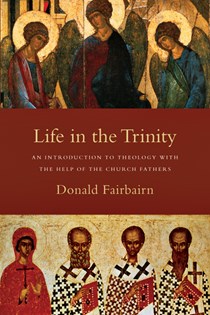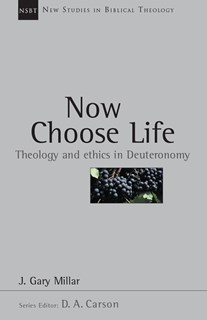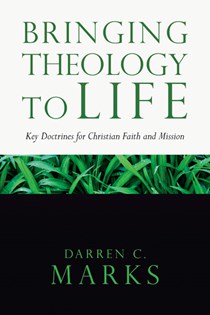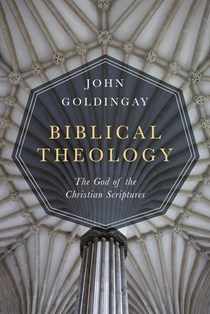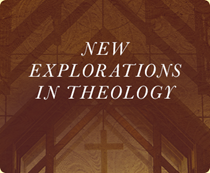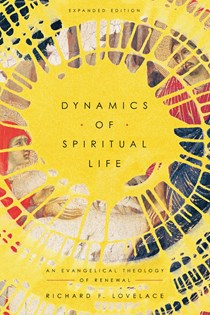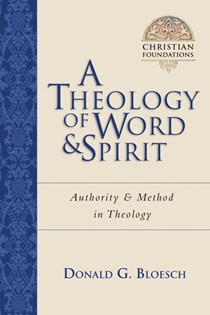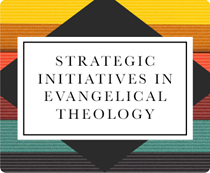Search Results
Showing 31 - 40 of 3926 results
-
Life in the Trinity
An Introduction to Theology with the Help of the Church Fathers
by Donald Fairbairn
What can the early church contribute to theology today? Donald Fairbairn takes us back to the biblical roots and central convictions of the early church, showing us what we have tended to overlook, especially in our understanding of God as Trinity, the person of Christ and the nature of our salvation as sharing in the Son's relationship to the Father.
-
Now Choose Life
Theology and Ethics in Deuteronomy
New Studies in Biblical Theology
by Gary Millar
Series edited by D. A. CarsonIn this NSBT volume, Dr. J. Gary Millar provides a careful and perceptive analysis of Deuteronomy's ethical teaching set in the context of the book's theology. After discussing how Deuteronomy has been understood by other scholars, he sets out his own interpretation, dealing with its ethics in the light of key themes in the book: covenant, journey, law and the nations.
-
Bringing Theology to Life
Key Doctrines for Christian Faith and Mission
by Darren C. Marks
In this engaging text Darren Marks provides a refreshing introduction to Christian faith that takes into consideration evangelical discussions of the last twenty years. Innovative in his organization, Marks explores seven key doctrines and highlights the profound interconnections among them in a way that points us beyond the mere theological formulations to the living God of the Bible.
-
Biblical Theology
The God of the Christian Scriptures
by John Goldingay
John Goldingay takes the New Testament as a portal into the complete canon of Scripture. Without searching out an overarching unity, he allows Scripture's diversity and tensions to remain, letting Scripture speak to us in its own voice. This landmark biblical theology is hermeneutically dexterous, biblically expansive, and nourishing to mind, soul and proclamation.
-
New Explorations in Theology
Theology is flourishing in dynamic and unexpected ways in the twenty-first century. Featuring new monographs with cutting-edge research, New Explorations in Theology provides a platform for constructive, creative work in the areas of systematic, historical, philosophical, biblical, and practical theology.
-
Dynamics of Spiritual Life
An Evangelical Theology of Renewal
by Richard F. Lovelace
Foreword by Timothy KellerIn this expanded edition of a classic work of spiritual theology, historian Richard Lovelace presents a history of spiritual renewals in light of biblical models. With scholarly and pastoral insight, he offers a powerful vision of renewal that can unify various models across traditions, combining individual and corporate spirituality, social activism, and evangelism.
-
A Theology of Word and Spirit
Authority Method in Theology
Christian Foundations
by Donald G. Bloesch
Pointing the way toward a confessional theology for the twenty-first century, Donald G. Bloesch begins his seven-volume work, Christian Foundations, with this introduction to authority and method in theology.
-
-
Strategic Initiatives in Evangelical Theology
Strategic Initiatives in Evangelical Theology is a series of seminal works of scholarship meant to ignite discussion around emerging, current or controversial subjects in the evangelical community and in the academy at large.
-


